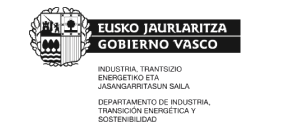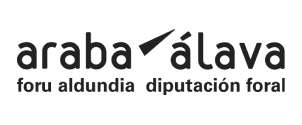Martha Patricia Canto Farachala
English //TDIVC-011
Abstract
Research institutes created within universities with the explicit mission of engaging in the socio-economic development of their territories can help universities to overcome the challenges they face when attempting to produce socially relevant knowledge. Through their more open and flexible governance, such institutes can develop research processes with other territorial actors to address local or regional challenges and produce new knowledge relevant in academia. While the literature has addressed how such research processes develop, highlighting the role played by dialogue, considerably less attention is paid to how the research outputs of dialogical research processes are disseminated.
This dissertation addresses the gap in the literature on the dialogical dissemination of research outputs. To that end, it builds an analytical framework on Responsible Research Communication (RRC) in two steps. The first step identifies the main features of responsible research communication through a literature review on Responsible Research and Innovation (RRI) and Communication for Development and Social Change (CDSC). The second step tests the analytical framework in practice using action research as a method. The action research process consists of helping two researchers to communicate a research output (a book) reflecting on the features of the analytical framework on RRC. The lessons learnt from testing the theoretical features in practice are incorporated, transforming the analytical frameworks into an actionable analytical framework. The robustness of the actionable analytical framework on RRC is then tested using case studies as a method. The case studies included a diversity of researchers and communication professionals working in a research institute with the explicit mission of engaging in the socio-economic development of its host territory.
One of the main findings of the dissertation is that there is a strong link between how knowledge is produced and how knowledge is communicated. That is the philosophical underpinnings that explain the different approaches to how knowledge is produced also explain the different approaches to how knowledge is communicated.
The dissertation concludes that RRC is a shared responsibility that involves academia, research institutes, researchers, communication professionals, funders and territorial actors. In this context it suggests that (i) research communication should be considered part of the research cycle and different from corporate communication; (ii) researchers should enjoy basic funding and space to experiment and innovate in their research communication; (iii) communication professionals need to become facilitators; (iv) territorial actors need to become active participants in research dissemination processes.
The dissertation includes suggestions for future research.













